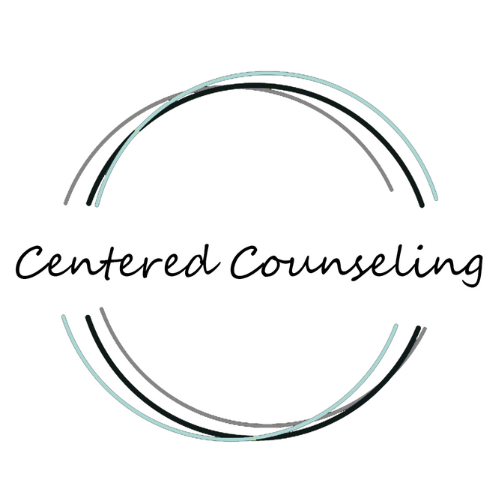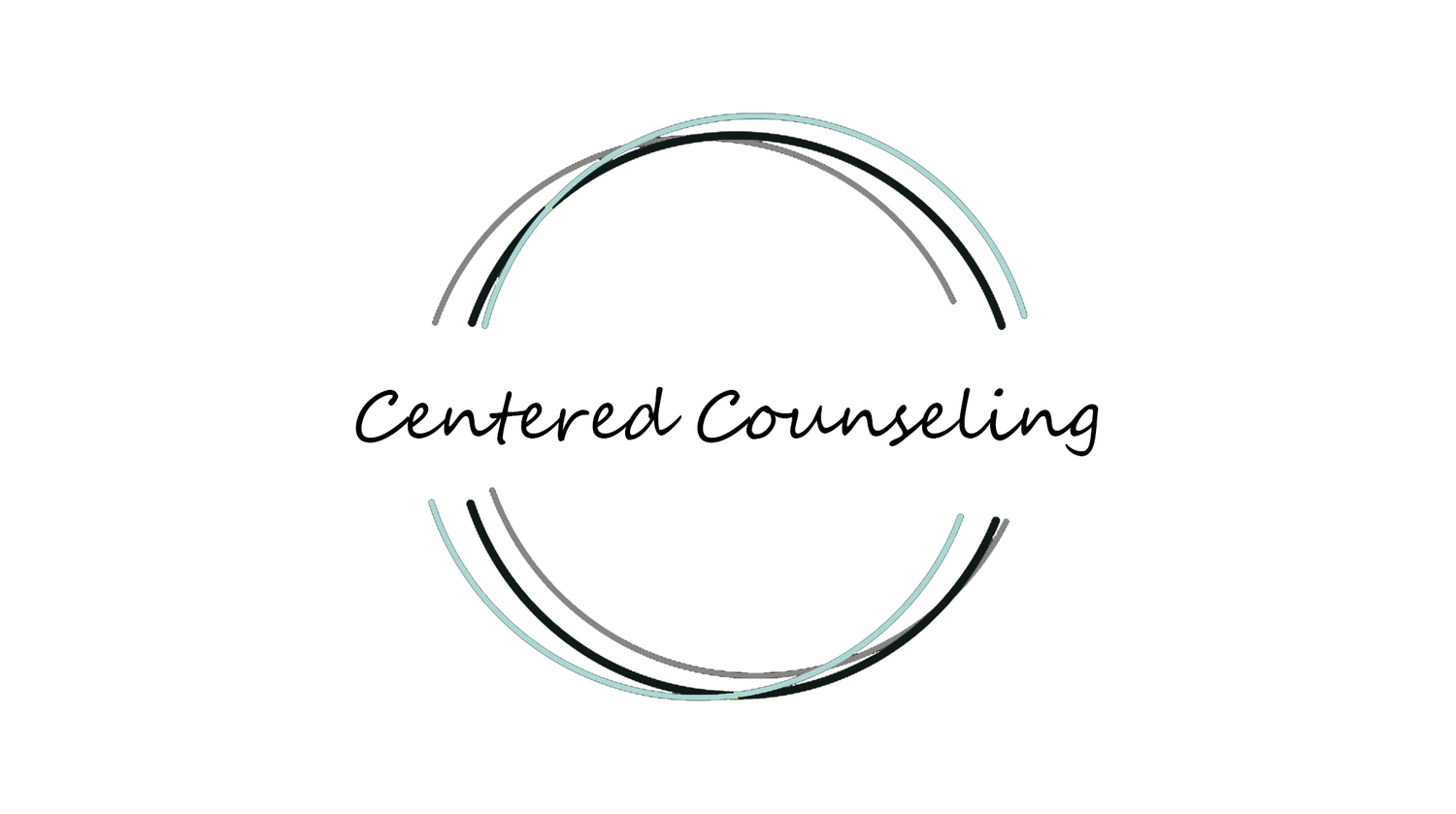OCD: beyond what the media teaches us
We have over 60,000 thoughts a day. Some thoughts are pleasant, some thoughts… maybe not so much. We all have those thoughts that seem cringy and/or unwanted. Maybe you're trying to fall asleep at night and your mind is wanting to remind you of all the embarrassing moments you've had. You know that feeling? When you don't want to think about it but your mind won't turn off? Eventually, though, we usually get the thoughts to quiet and we get to sleep eventually. Now think of that cringe feeling you've had when your mind is playing all those embarrassing flashbacks. But this time, it's throwing unwanted and disturbing thoughts at you. Ones you never want to think about but can't seem to control how intrusive and real they feel. You feel guilty for even thinking this way, and/or evil for even letting these thoughts cross your mind.
I never knew what was wrong with me when I was younger. I never knew there was a name for the obsessive thinking, intrusive thoughts, and ritualistic tendencies I couldn't stop. It wasn’t until I sat across from my first therapist at the age of 13 and she said "What you're describing is obsessive compulsive disorder." At that time, I didn’t have any idea what it meant, but it felt good to be categorized. As if I had a place to fit in somewhere. It felt good that she knew what I was talking about and that she didn't look at me like I was some sort of “creature.” Which, honestly, was how I saw myself when I was younger.
So, why am I being so open and sharing this with all of you? As I've grown up and gotten help for my mental illness, I've realized how misunderstood OCD truly is. Now that I am a therapist helping others who are struggling, I want to shed some light on the diagnosis. And, I feel it is important to discuss some things about OCD no one really talks about.
It's commonly misunderstood that those struggling with OCD only suffer from wanting things clean and tidy. While that may be true for many people, OCD can also be so much more than that. Many people suffering with OCD are afraid to share crippling intrusive thoughts surrounding topics such as religion, sexuality, and/or violence toward others. There is fear of being judged by others or that their thoughts may turn into actions. Even though many people have never acted on their intrusive thoughts. This can leave people feeling intense feelings of shame and/or guilt along with feeling emotionally and physically exhausted. Some people express feeling evil and guilty out of fear that they really believe these intrusive thoughts. My intention with this blog is to help people get a better understanding of different ways in which OCD can present. I want people to know that they are not alone and they can obtain recovery. My hope is, as you continue to read, you understand just a bit more about OCD and how complex and tricky it truly is. Let's go through some different types of OCD just to get a sense of the forms it can take on.
Harm OCD
Harm OCD is a subtype of OCD that involves unwanted intrusive thoughts relating to doing harm to someone or to one-self.
Have you ever found yourself struggling with examples of the following thoughts?:
I am worried I will kill my family
I am worried I will stab my dog
I am worried I will run someone over with my car
I am worried my grandma will die if I don't touch the light switch three times
These are all examples of unwanted, intrusive harm OCD thoughts. Those who struggle with this disorder may experience both the thought (obsession) and the action associated with it (compulsion) to relieve the anxiety for a short period of time. An example is listed below.
Obsession: I think I just ran over a person right now while driving.
Compulsion: Continuing to drive in circles past the same spot to see if you ran over someone. The anxiety will be relieved for a small amount of time until the obsession starts over restarting the cycle.
SO-OCD (Sexual orientation OCD)
SO-OCD involves intrusive thoughts about one's sexual orientation. This form of OCD can happen to a person of any sexual orientation.
Have you ever found yourself struggling with examples of the following thoughts/actions?:
If I wear certain clothing, people will think I’m gay.
What if I’m actually a lesbian and I have to break up with my boyfriend of 7 years?
Obsession: I thought that girl was pretty. What if I'm a lesbian?
Compulsion: Asking others repeatedly if they think you are straight.
Please don't get this confused with homophobia, there is no correlation. Many times people won't talk about these thoughts because they know it may sound wrong or hurtful. These thoughts are strictly related to the cycle of OCD.
Contamination OCD
Having obsessions over being sick or spreading germs to others. This can lead to severe hand washing and sometimes leading to not leaving the house.
Have you ever found yourself struggling with examples of the following thoughts or actions?:
Refusing to use public restrooms in fear that you will contract an illness
Repeatedly changing clothes, washing hands excessively, and/or showering multiple times a day due to fear of illness and germs
Discarding of items due to believing they are contaminated
Obsession: I just touched the doorknob. If I touch someone else I'm going to get them sick.
Compulsion: Washing hands repeatedly. Some will wash their hands a certain number of times, in a specific way, with specific soap even. This is called a ritual. This is a way to "feel better" for a short amount of time until the obsession and compulsion starts over and the cycle begins again.
Relationship OCD
Obsessions and compulsions relating to one's relationship that they are in. Usually focusing on the relationships ending, infidelity, and sexuality.
Have you ever found yourself struggling with the following thoughts?:
I found another person attractive. Does that mean I don't love my partner?
I didn't feel a spark when we kissed. Does that mean we aren't meant to be?
Obsession: Constantly having thoughts about if you're good enough in your relationship.
Compulsions: Continuing to ask for reassurance from your partner.
Many times those struggling with relationship OCD will ask for constant reassurance from their partners, will fear deepening their connection with their partner in fear of getting hurt, and will sometimes end the relationship due to distorted obsessions.
This is, by no means, all of the subtypes of OCD. I assure you, there's more than this. My hope is that you have learned different ways in which OCD can be intrusive for people. It goes far beyond the examples we see in the media. I'd also like for anyone thinking "I don't know anyone with OCD" to please rethink that. It is very likely you know someone suffering with this disorder. Those with this disorder are very good at hiding it simply because they don't want people to know. I know this is true, because I did it too. If you are struggling with OCD, I hope you know it does not define you.

